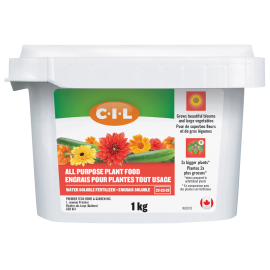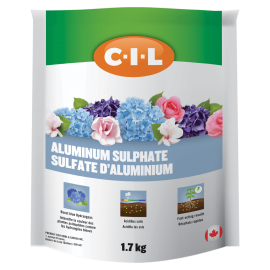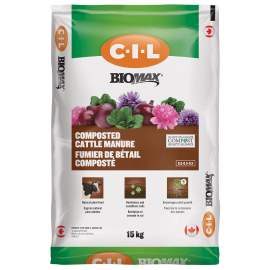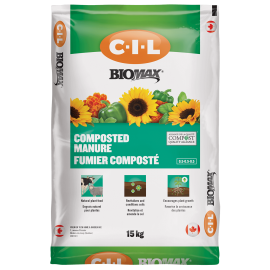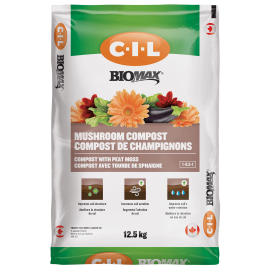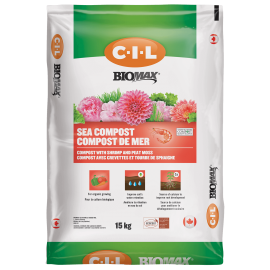From Seed to Garden in 6 Steps

Starting vegetables from seed may seem like a major challenge, but the process is simple if you take it one step at a time.
Some seeds can be started indoors, but many, including corn, beans, radishes, beets, carrots, peas, turnips and spinach, prefer to be planted directly in the garden.
Follow these six steps for a bounteous harvest in a few short weeks.
1. Timing

Plant your garden when you’re sure all danger of frost has passed, but don’t plant if the soil is too wet. The soil shouldn’t be muddy and it shouldn’t stick to your shoes. If you aren’t sure, grab a handful and give it a squeeze. If it stays in a tight ball, the soil too wet.
2. Prepare the soil

Loosen the soil to a spade’s depth with a garden fork or shovel. Break apart clumps and remove rocks and weeds. Dig in a generous amount of organic material such as compost or well-rotted manure, along with a small amount of slow-release fertilizer according to label directions. Lastly, smooth the soil with the back of a rake.
3. Mark the rows

Refer to the seed packet to determine the best spacing between rows. Using a tape measure, create a guide so your rows are straight and even, and so you’ll know where seeds are planted when weeds pop up. One easy way to accomplish this is to place a wooden stake at each end of the rows, then tie a string between the stakes.
4. Create furrows

Use the tip of a hoe or a pointed stick to make shallow trenches, or furrows, along the length of the string.
5. Planting seeds

Sprinkle seeds evenly in the furrows, then cover the seeds to the depth indicated on the seed packet. In general, larger seeds like beans or corn are planted 1 to 2.5 cm deep, while small seeds like radishes and carrots are covered lightly with no more than .6 to 1.2 cm of soil.
6. Care after planting

Water the area gently after planting and continue to keep the soil consistently moist, but never to the point of sogginess. When the seedlings are about 5 cm tall, thin them to the distance indicated on the package.
